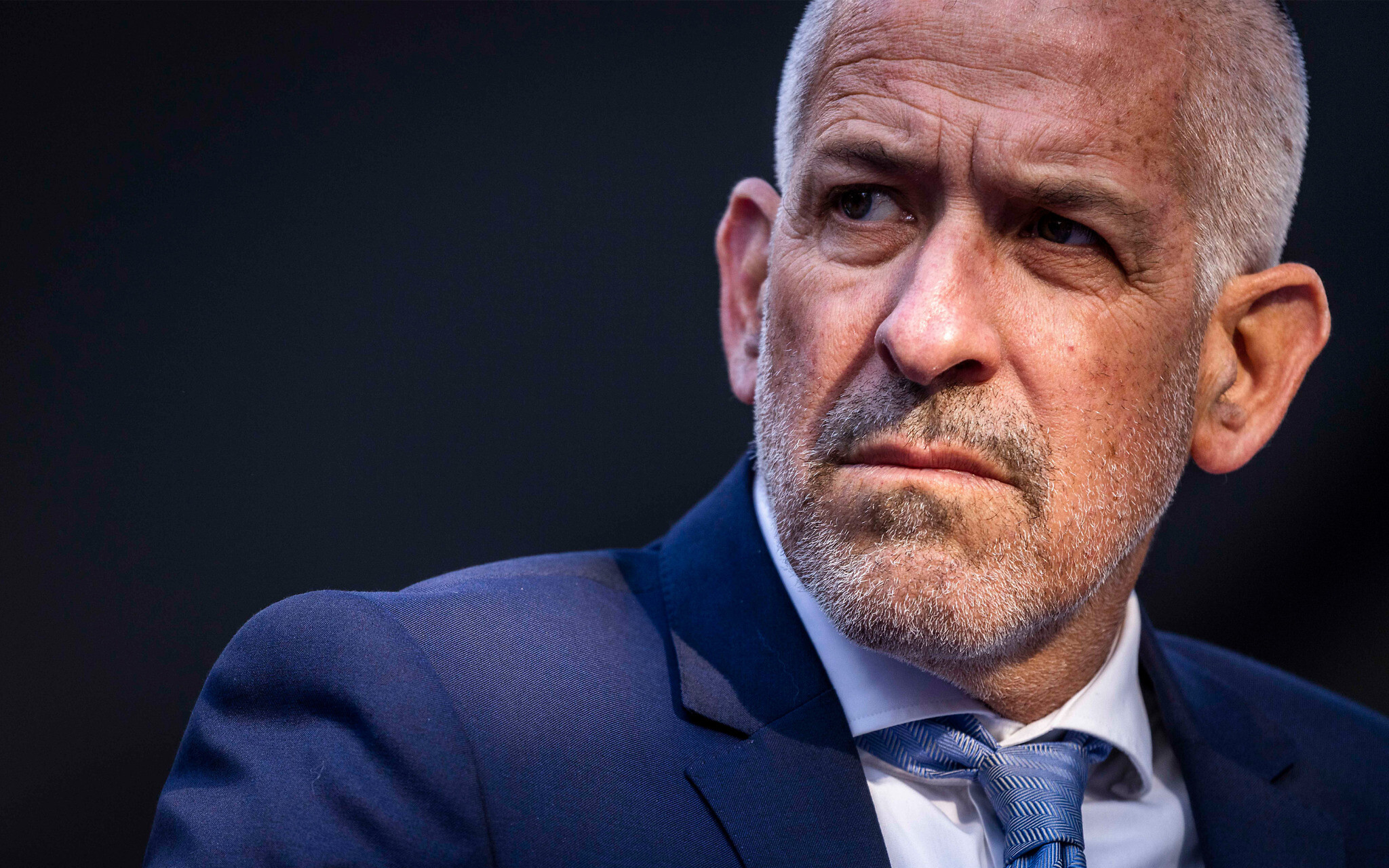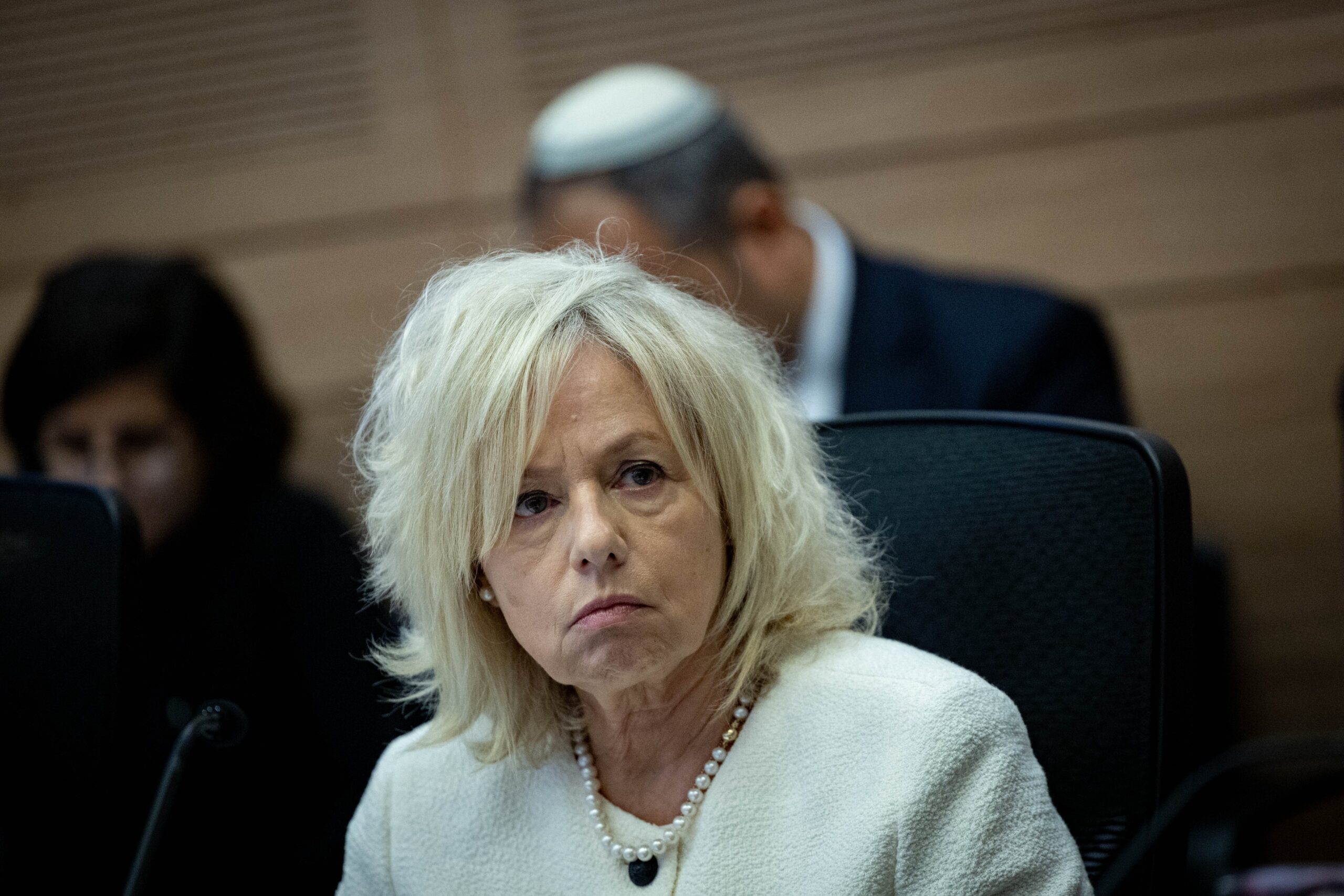Australia/Israel Review
Marching toward controversy and division
Apr 1, 2025 | Ilan Evyatar

Israel’s judicial reform dispute boils over again
Mass protests returned to Israel’s streets in March as the country’s simmering judicial reform crisis resurfaced with renewed intensity in the wake of new government efforts to fire two key officials and the passage of a controversial law to increase political control over judicial appointments.
The crisis had been simmering anew since the start of the year with renewed attempts to restructure the Judicial Selection Committee, which appoints judges, and the dramatic boycott by Prime Minister Binyamin Netanyahu, Justice Minister Yariv Levin and Knesset Speaker Amir Ohana of the swearing-in ceremony of the new Supreme Court President Isaac Amit. Now, the situation threatens to boil over following the Government’s decision to dismiss Ronen Bar, Director of the Shin Bet internal security service, and moves to oust Attorney-General Gali Baharav-Miara.
Since Amit’s inauguration on February 13, the judicial reform debate has intensified and many fear it is rapidly heading to a full-blown constitutional crisis. Just days before Amit’s swearing-in, reports surfaced claiming that advisers within the Prime Minister’s Office were moonlighting as paid lobbyists serving the interests of the Qatari Government. Opposition politicians seized on the reports, calling for an investigation. On Feb. 27, Baharav-Miara ordered the Shin Bet and Israeli Police to launch a criminal investigation into the alleged Qatari connections of Netanyahu’s aides. The affair was soon dubbed “Qatargate”.
Amid mounting tensions, on March 16, Netanyahu announced his intention to dismiss Shin Bet Director Bar, citing a “loss of confidence” in him. Behind the scenes, Netanyahu had been pressing Bar to resign, which Bar said he would do only after completing “sensitive investigations” and securing the release of the remaining hostages held in Gaza. Baharav-Miara – an appointee of the previous Naftali Bennett-Yair Lapid Government, who has always had a strained relationship with the current administration, issued a legal opinion declaring the dismissal attempt invalid due to a direct conflict of interest, given Bar’s role in investigating Netanyahu’s office.
Israelis poured onto the streets in large numbers, protesting what they claim is an assault on Israel’s democracy. On March 21, the crisis escalated further after an early Friday morning session where the Cabinet voted to dismiss Bar, ignoring the A-G’s recommendations. No Shin Bet head has previously been dismissed, although two have resigned.

Ronen Bar, head of the Shin Bet internal security service (Image: X)
Bar declined to attend the cabinet session, instead choosing to write a long and detailed letter to the Cabinet setting out his claims. In the letter, Bar strongly criticised the Government’s attempt to dismiss him as procedurally flawed and legally questionable, arguing that the claims against him were “vague, superficial, and unfounded,” and appeared fabricated to disguise “entirely different, improper, and illegitimate motives.” He further asserted that his removal at this critical moment, while overseeing sensitive investigations involving the Prime Minister’s Office and Qatar, represented “a severe conflict of interest” and posed “a direct threat to Israel’s security.”
Bar emphasised that, despite disagreements, he always implemented government policies faithfully and professionally, citing effective collaboration acknowledged by the Prime Minister himself. He warned that dismissing him due to his insistence on independent professional judgement “reflects a distorted view of loyalty – personal loyalty instead of loyalty to the public.”
Netanyahu issued a video following the Cabinet vote in which he stated defiantly, “Ronen Bar will not remain head of the Shin Bet. There will not be a civil war, and Israel will remain a democratic state.” The “civil war” comment was an apparent response to an interview given by former Supreme Court President Aharon Barak in which he said that he feared Israel was “on the brink” of such a civil war. Netanyahu also claimed that there was no connection between Bar’s dismissal and the ongoing Qatargate investigation.
The High Court, meanwhile, issued a temporary injunction in the wake of the Cabinet vote blocking Bar’s dismissal, pending further judicial review, with hearings scheduled for April 8.
On March 22, Israel saw its largest demonstrations since the 2023 mass protests that came to a halt after October 7. Some 200,000 people gathered in Tel Aviv and around the country. Many of them were not only protesting the dismissal of Bar and the moves against the Attorney-General, but also the situation in Gaza, where the ceasefire collapsed on March 18 with 59 hostages still in captivity, 24 of whom are still believed to be alive.
Despite the protests, the Cabinet unanimously passed a no-confidence vote against Baharav-Miara the next day, formally initiating steps for her dismissal – a process that must go through an inquiry process, according to Israeli law. Justice Minister Yariv Levin accused her of actively undermining government policy by frequently giving legal opinions disallowing planned government initiatives. The Attorney-General, like Bar, declined to attend the cabinet vote and stated that the Government was seeking “power without limits, as part of a broader move to weaken the judiciary and deter all professional officials.” She added, “The Government seeks to be above the law and act without checks and balances.”
In a series of articles, experts from the Israel Democracy Institute have explained the issues and legal and constitutional flashpoints presented by the moves to dismiss Bar and Baharav-Miara, as well as the proposed changes to the Judicial Selection Committee.
Under Israeli law, the head of the Shin Bet is appointed and can be dismissed by the government – but any dismissal must follow clear, legally-defined guidelines, including providing grounds for the dismissal. Prime Minister Netanyahu’s decision to fire Bar citing a “loss of trust” has triggered significant legal pushback because the reasons given appear so subjective – on top of the alleged conflict of interest involving Qatargate.

Also targeted for dismissal: Israeli Attorney-General Gali Baharav-Miara (Image: X)
The controversy around Attorney-General Baharav-Miara’s dismissal similarly revolves around conflicts of interest. As Attorney-General, Baharav-Miara is responsible for overseeing Netanyahu’s ongoing criminal trials and prosecutions as well as providing legal advice to the government. This places Netanyahu in a legally complex position. Under a conflict-of-interest arrangement reached when he returned to office, Netanyahu must refrain from involvement in any decision relating to legal or prosecution authorities. Thus, the Cabinet’s decision to initiate Baharav-Miara’s dismissal is viewed by many legal experts as fundamentally compromised (even though Netanyahu himself did not attend the Cabinet vote).
Finally, the Government’s passage of a law restructuring the Judicial Selection Committee on March 27 – replacing two professional Bar Association representatives with politicians, and giving politicians a majority on the Committee for the first time – has been criticised by many opponents as politicising Israel’s judiciary. While proponents argue these changes will increase ideological diversity, critics see it as undermining the courts’ independence by making judicial appointments contingent on political loyalty rather than professional qualifications. This shift, legal critics argue, risks eroding the fundamental checks and balances necessary for a functioning democracy.
However, conservative voices, including legal experts, view these developments very differently. From their perspective, the dismissals of Bar and Baharav-Miara, as well as the reforms to the Judicial Selection Committee, reflect a legitimate effort to rebalance Israel’s democratic system. Legal experts aligned with the Israeli right, such as the analysts at the Kohelet Policy Forum, have long argued that unelected officials, particularly in the judicial and legal systems, have acquired excessive power at the expense of democratically elected leaders in Israel, thus distorting its democratic framework.
Supporters of Bar’s dismissal argue that the Prime Minister must maintain absolute confidence in senior security officials, especially during an ongoing conflict. They contend that Bar’s stance and actions demonstrated an erosion of the necessary trust between the Shin Bet chief and political leadership, making his replacement not only justified but essential. Similarly, conservatives defend the move to oust Baharav-Miara as an overdue correction. They argue that the Attorney-General’s position has expanded beyond its advisory role, becoming an obstacle to policy implementation rather than a facilitator of the elected government’s agenda.
Regarding the Judicial Selection Committee, conservative analysts advocate greater democratic accountability in appointing judges. They claim the current system, which grants sitting judges significant influence in selecting their successors, perpetuates ideological homogeneity. By restructuring the committee to include stronger representation from elected officials, they assert that the judiciary would better reflect the diverse viewpoints of Israeli society. And they point to other democratic nations where elected politicians are entitled to directly appoint judges.
Ultimately, conservatives frame these actions not as a threat to democracy, but as measures essential for restoring balance between elected officials and Israel’s powerful judicial and security institutions. In their view, democratic legitimacy requires accountability to voters, with little role for unelected gatekeepers.
At its core, Israel’s current crisis reflects a profound clash of competing democratic visions. Each side frames the crisis differently: opponents of the dismissals and judicial reforms argue these moves represent a dangerous assault on democratic norms and checks on political power, while supporters maintain they correct a longstanding imbalance between elected officials and powerful unelected institutions. Both claim to defend democracy – yet their definitions diverge so starkly that coexistence and compromise is looking more and more difficult.
If these tensions remain unresolved, Israel risks sliding into a full-blown constitutional crisis. The bitter divisions that paralysed the country in the months leading up to October 7 serve as a clear warning of what happens when internal discord blinds a nation to external threats. The signs were there, but they were dismissed, downplayed or ignored while most Israelis were focused on the unprecedented, divisive domestic disagreements.
Tags: Israel, Israeli politics, judicial reforms






